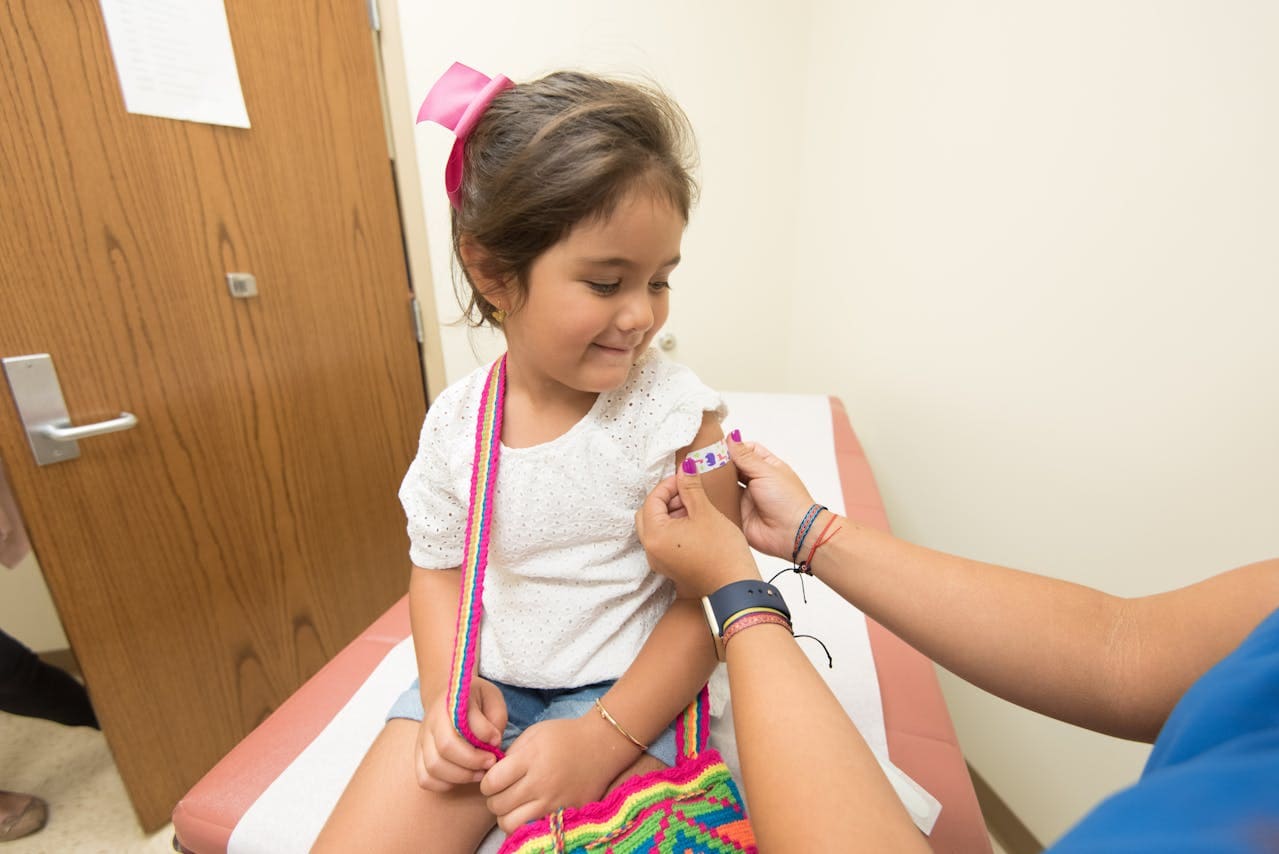
Cold and flu symptoms? Get online help today
Consult a doctor about cold or flu symptoms and start treatment quickly. Book a full consultation or a fast express session with a GP.
 Same-day appointments available
Same-day appointments available  Qualified doctors and GPs specialising in cold and flu care
Qualified doctors and GPs specialising in cold and flu care  Personalised treatment plan and prescriptions if medically appropriate
Personalised treatment plan and prescriptions if medically appropriate 
How to book an online consultation for cold and flu symptoms
Get professional advice and treatment quickly — whether you need fast symptom relief or a full evaluation.

Note: If you experience severe symptoms — such as shortness of breath, chest pain, confusion, or very high fever — seek emergency medical care immediately. Online consultations are not suitable for urgent or life-threatening conditions.
Doctors available for cold and flu consultations
Choose a GP or physician experienced in diagnosing and treating cold and flu symptoms. Fast online booking and professional care.
Understanding cold and flu: symptoms, treatment, and when to seek help
Learn how to differentiate between a cold and flu, manage symptoms effectively at home, and recognise signs that require medical attention.
Cold and flu: what’s the difference?
Recognising the difference early helps you choose the right care path. While colds are often self-limiting and mild, flu can sometimes lead to serious complications, especially in vulnerable groups like older adults or people with chronic conditions.
Both colds and flu are more common during the colder months, typically from late autumn to early spring. Flu season usually peaks between December and February, while colds can circulate year-round but are also more frequent during the same period. Understanding these seasonal patterns helps in early identification and prevention.
Understanding these distinctions is key to managing expectations and knowing when to monitor symptoms more closely.
Common symptoms of cold and flu
Flu symptoms are more intense. High fever, dry cough, severe muscle aches, chills, sweating, and profound fatigue are common. Some patients also experience headaches, sore eyes, and gastrointestinal upset. Recovery from the flu may take up to two weeks or longer in some cases.
Tracking the onset and severity of symptoms helps in distinguishing between the two illnesses and determining whether medical advice is needed.
Home treatment and symptom management
For sore throat relief, warm salt water gargles, lozenges, and humidifiers may help. Maintaining good nutrition supports immune function during recovery.
However, if symptoms worsen or do not improve after a few days, especially in cases of high fever or breathing difficulties, it’s important to consult a healthcare professional.
When to seek medical attention
High-risk groups, including young children, pregnant women, the elderly, and individuals with chronic illnesses like asthma, diabetes, or heart disease, should be particularly vigilant.
Early medical intervention helps prevent complications and ensures faster recovery when symptoms move beyond the mild or moderate range.
Preventing cold and flu
Seasonal flu vaccination significantly reduces the risk of severe flu infection. Maintaining a healthy lifestyle — including adequate sleep, balanced nutrition, and stress management — strengthens the immune system and helps the body resist infections.
Taking preventive steps not only protects you but also helps safeguard those around you, especially vulnerable populations.
Patients love


Your guide to healthcare in Spain
Practical information about the healthcare system, doctors and medical services in Spain.
FAQ
Common questions about booking cold and flu consultations through Oladoctor.
A full consultation with a certified doctor offers more time for in-depth assessment, complex cases, or when multiple symptoms or chronic conditions need to be considered.
Both options provide professional care, and your choice depends on the complexity of your symptoms.













